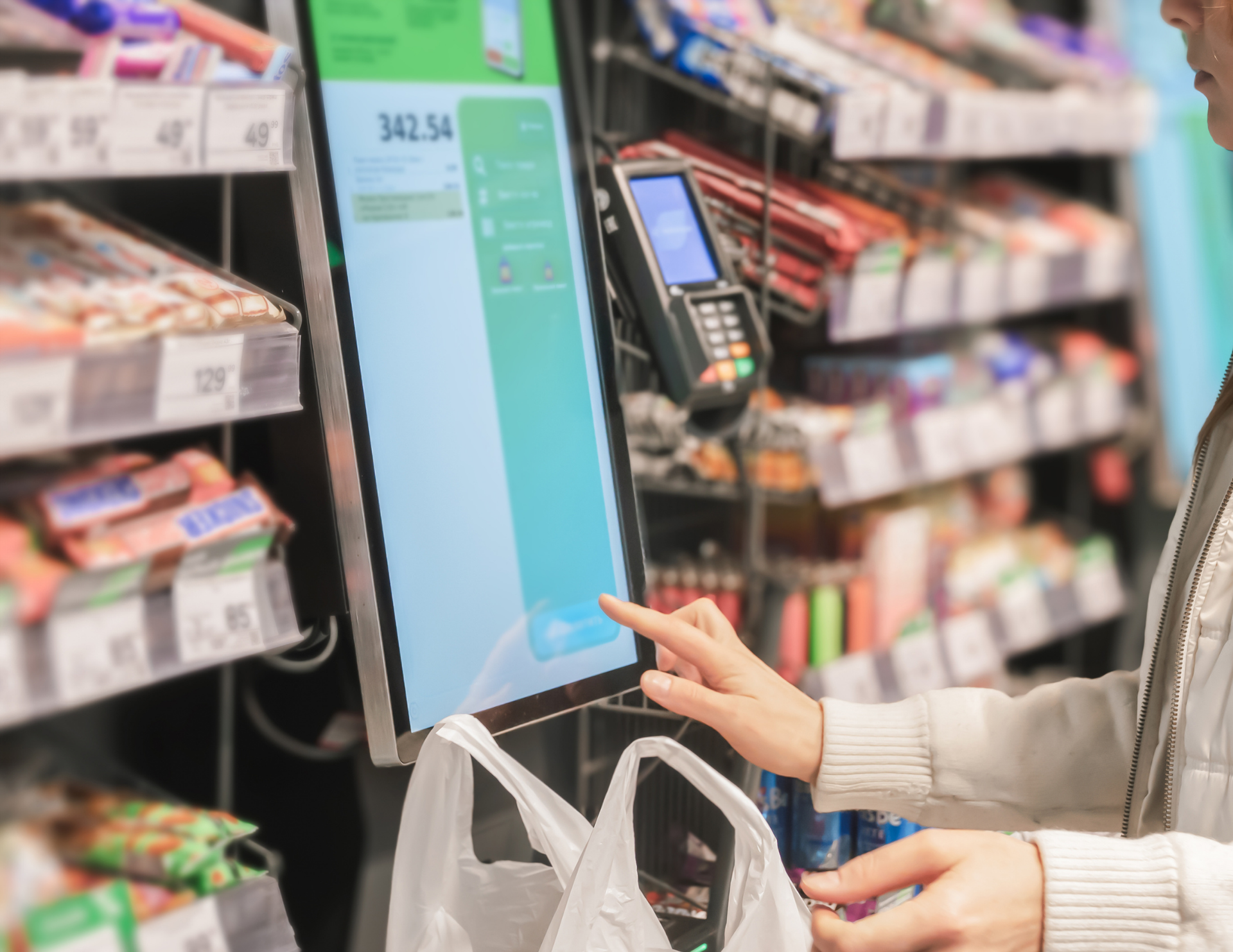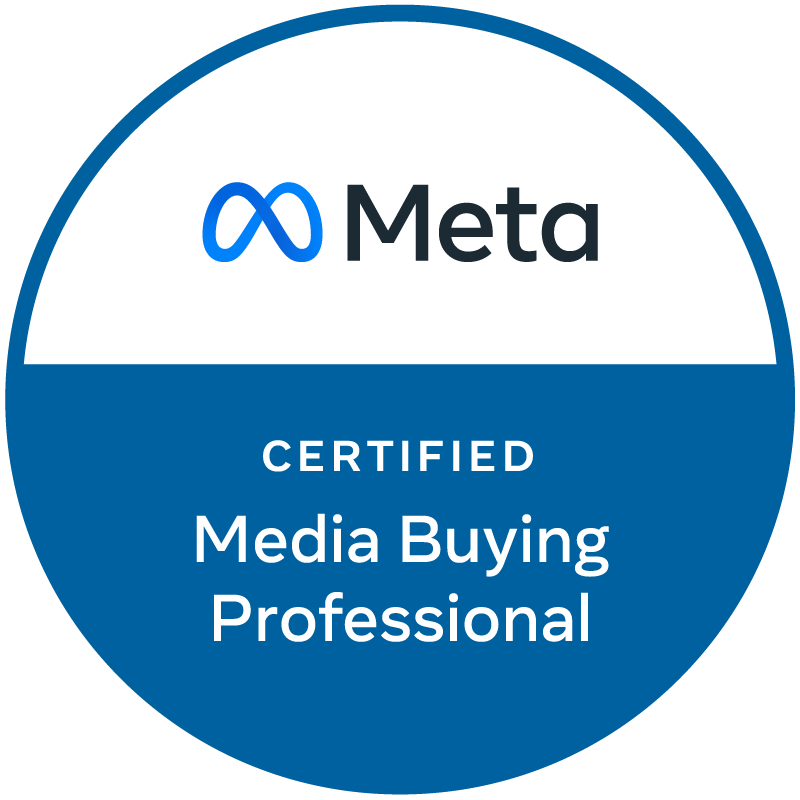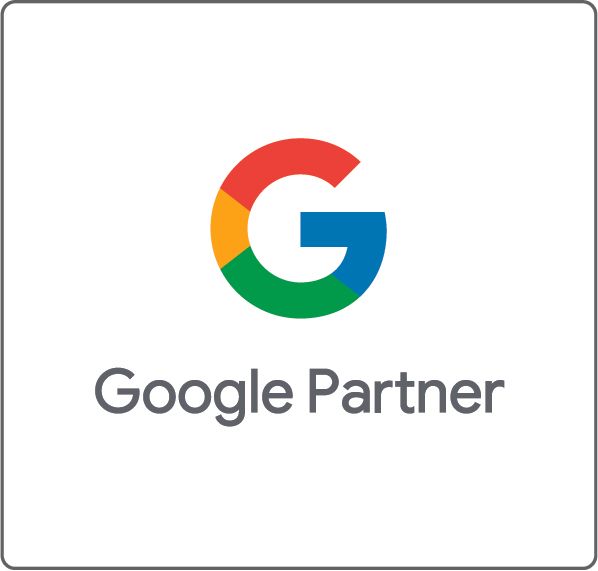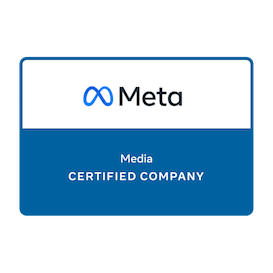The Shoppe - The End of Coors Seltzer, Android Users on TikTok, Keyword Blocking, & More!
Welcome back to The Shoppe! This week we’re talking about Molson Coors discontinuing Coors Seltzer, how much time Android users are spending on TikTok, keyword blocking, and more. Don’t forget to subscribe so you can be notified every time we post!
Molson Coors will no longer produce its hard seltzer in the United States. The beverage company is expected to continue producing the drink in
Canada, where it has enjoyed a larger market share in the hard seltzer category. The hard seltzer market is highly competitive, with Truly and White Claw controlling 75 percent of it according to a 2020 Nielsen
report. Coors will instead focus its efforts on its top performers, Vizzy and Topo Chico. Hard seltzer revenues reached $4 billion in 2020 and could hit $8 billion over the next four years according to a
New York Times
article.
Brand awareness can become a nuisance to viewers who see the same ads over and over again. Viewers watching the same ad between six and 10 times become 4.1 percent
less likely to purchase a product than others who saw the ad between two and five times according to an analysis by Simulmedia. Frequency capping prevents viewers from seeing the ad too many times. Tubi, a streaming service owned by Fox Corporation, has created an Advanced Frequency Management Tool that detects each ad that’s being shown to viewers and caps its screenings to two per hour and five per day. The optimal number of ad screenings is between five and nine times according to Nielsen. It’s also worth noting that viewers aged 25 to 54 are never going to have a frequency problem, says Talia Arnold, head of media strategy and planning at Exverus Media.
Android users in the United States spent an
average of 21.5 hours a month on TikTok in 2020. That’s more than they spend on Facebook, Instagram, and Netflix. The platform continues to grow in popularity, ranking as the most downloaded app worldwide in February 2020 according to Forbes. As more ad dollars are being shifted to Android users as a result of iOS14, TikTok is becoming the platform to reach more and more audiences. This has led brands to flock to the
platform, particularly fashion brands like Aerie and Zara. Chipotle has even started accepting TikTok video
resumes! The mobile app has been most successful among teenagers, who spend 12 hours on social media applications per week according to CNBC. It has also recently announced support for three-minute videos.
Brands are using keyword blocking less frequently according to a
report by DoubleVerify. Keyword blocking is a digital marketing technique where advertisers create blocklists of certain keywords that they don’t want to be associated with their advertisements. Keyword violations declined from 13 percent in 2020 to 7 percent in 2021. Publishers have had difficulty in the past with keyword blocking since credible articles that contain any of the negative keywords could be avoided by advertisers. Publishers could benefit from this shift since articles that contain negative keywords will be able to collect more ad revenue. The purpose of keyword blocking is to ensure that an advertisement is targeted properly and not appearing next to objectionable content.
Never miss an update from “The Shoppe,” sign up for our email list today!
Subscribe
Sign up with your email address to receive news and updates.
Subscribe
We respect your privacy.
















